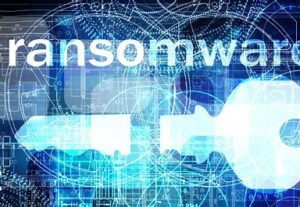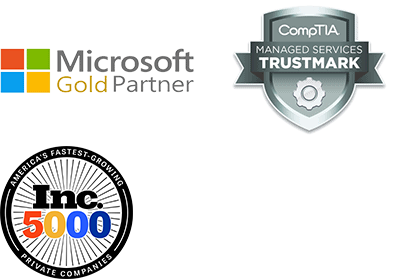Experts have long predicted a massive data breach like the Equifax Hack was bound to occur. The story is the same, people’s private information was stolen by nefarious hackers who are going to sell the data on the black markets and no one knows how that will unfold. What’s different is the scale. Over 143 million Americans had their data stolen. If you aren’t sure whether you were among them, it’s safe to assume that is probably the case. You can check to see, here, but when we visited the site was down due to high volume.
What Happened?
In the modern connected world, data leaks and hacks are a fixture. Yet, even now, the extent of what was stolen in the hack has little precedent. The thieves stole:
- Names,
- Social Security numbers,
- Birth dates,
- Addresses,
- A yet-to-be-determined number of driver’s license numbers,
- 209,000 credit card numbers, and
- 182,000 documents containing personally identifying information.
When it comes to your data, the only things really missing from the list are education and health records. All of this data can sell for $30 per identity on the black market. For someone who’s intent on using that data, they can max out a credit card in your name, making it difficult to pass a credit check. This impacts your ability to get new cell phones, student loans, cars and mortgages. The potential uses get even worse from there when there’s criminal intent, but you get the point. This is bad, but what’s worse? Well, the very thing that we need to do now, which is setting up fraud alerts, is one of the main services Equifax offers. (slow clap for the not so funny irony)
What You Can Do
- Experian and TransUnion also provide fraud alerts. Fraud alerts notify you when someone applies for credit with your name and information. You can also setup fraud alerts with your credit and debit card providers in case someone tries to use your card’s number.
- If fraud alerts mount, you can also initiate a credit freeze that prevent fraudsters from setting up accounts. This is the most foolproof approach, and possibly necessary.
- Check your credit report for free at https://www.annualcreditreport.com/index.action once a year to see if everything is correct.
- Equifax is offering one free year of credit monitoring to all Americans, you have the ability to opt out of a binding arbitration clause by clicking a checkbox that says “the arbitration clause and class action waiver included in the Equifax and TrustedID Premier terms of use does not apply to this cybersecurity incident.”
So should you sign up? Possibly, but the story is still developing and the scale of this hack might change regulations for consumer protections as a result.
[Electricity Hack](https://www.buzzfeed.com/kevincollier/russians-have-hacked-dozens-of-us-energy-companies?utm_term=.vt86LJ15d#.pv1OQVKx7 )





